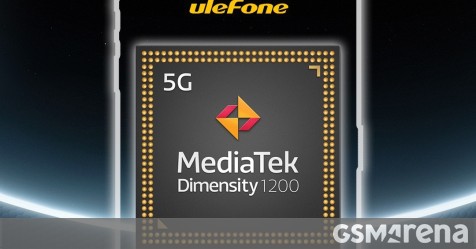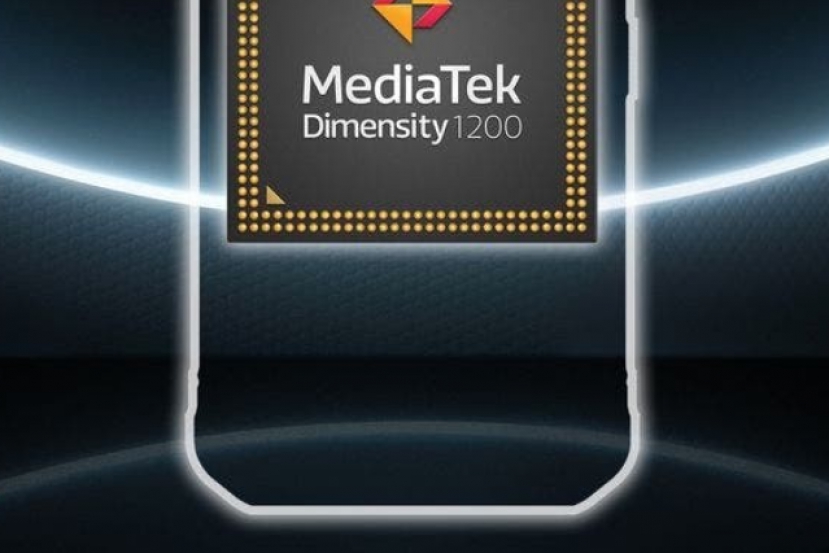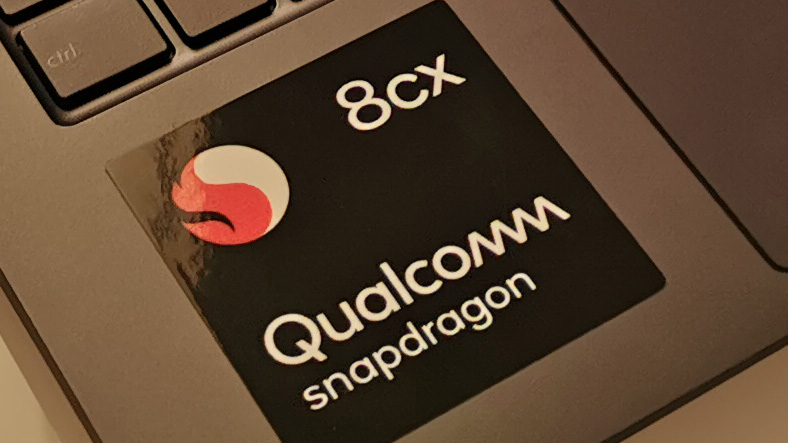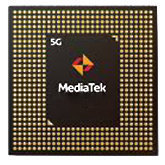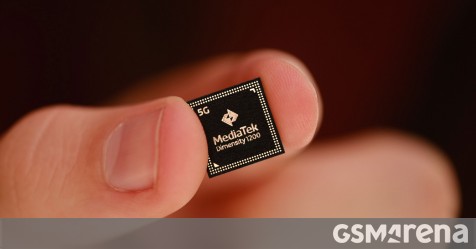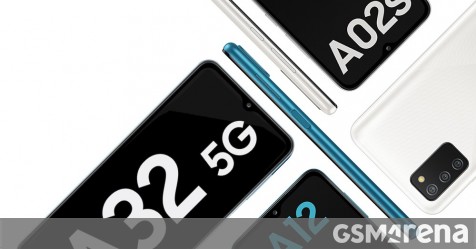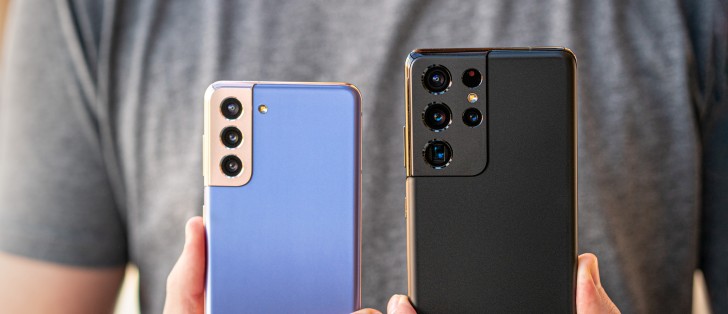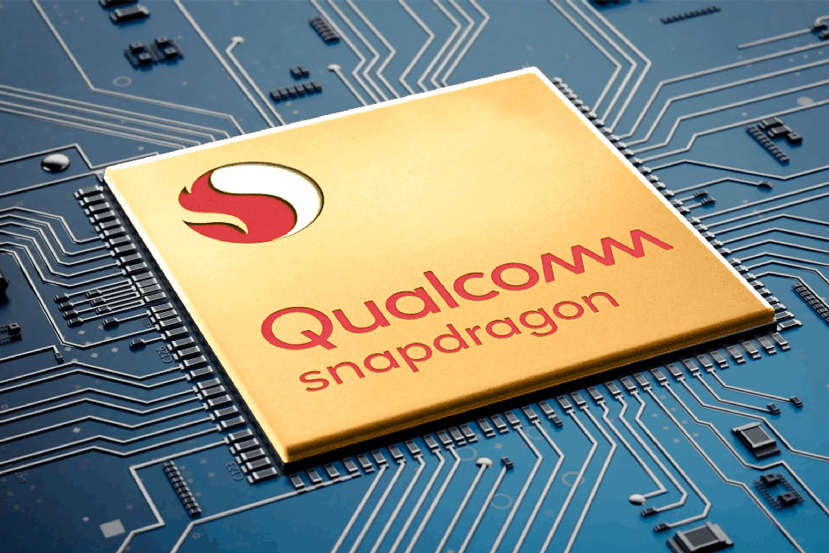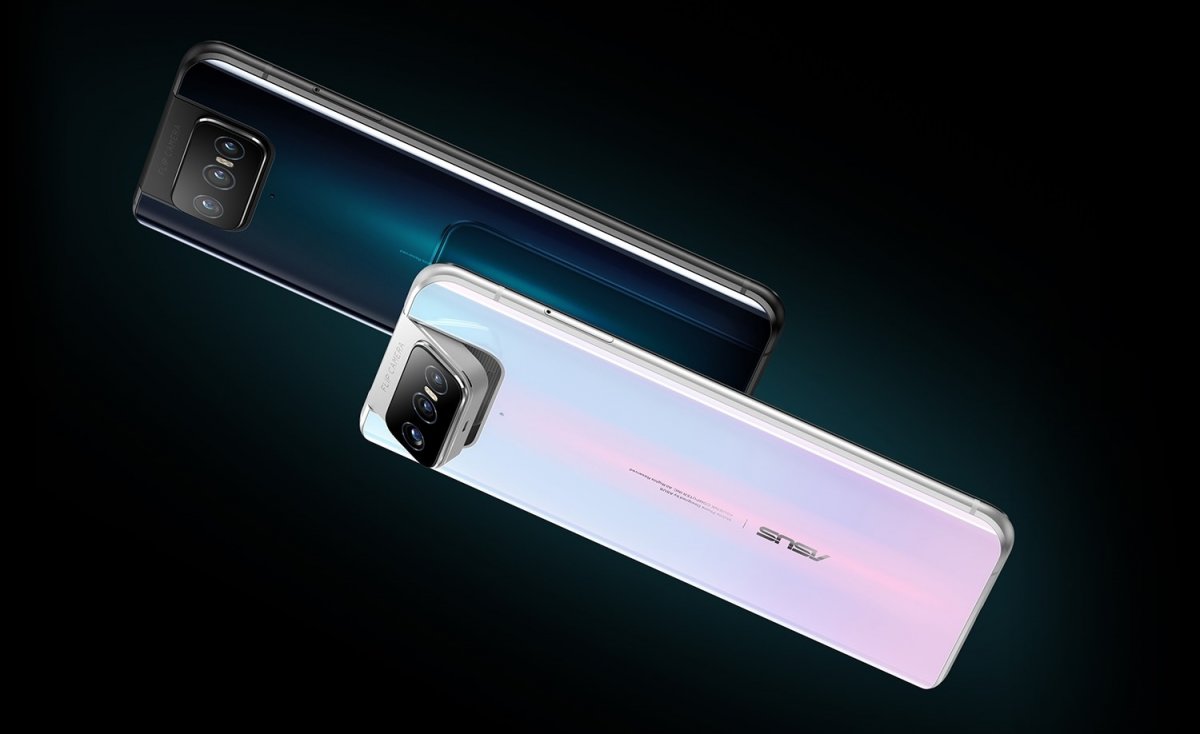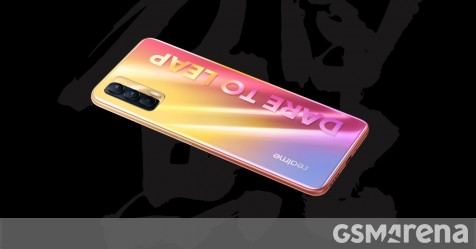Introduction
Samsung S lineup has evolved quite a bit for the last couple of years, moving from two flagship models to three, but arguably the most significant change is the ultimate Galaxy S flagship – the Ultra. And we can say that this year’s Ultra makes no compromises, unlike its predecessor, which, although a great phone, was missing some key features and was playing catch-up with the competition. The Galaxy Ultra S21 5G, however, doesn’t have that issue. It checks absolutely all the boxes and has a couple of unique features that may persuade you to buy one despite the relatively high price. Which, by the way, is €100 lower than last year so there goes your first reason.
A quick look at the specs sheet suggest a significant upgrade in the camera department as the device features not one but two telephoto lenses. One offers a game-changing 10x optical zoom, while the other delivers a more flexible 3x optical zoom.
The primary sensor isn’t overlooked either, which is a second-generation 108MP sensor with 9-in-1 pixel nona-binning. Additionally, the Dynamic AMOLED 2X panel can now go up to 120Hz with a 1440p+ resolution. It’s also brighter and supports an adaptive refresh rate ranging from 10Hz to 120Hz, just like the Note20 Ultra.
Samsung Galaxy S21 Ultra 5G specs at a glance:
Body: 165.1×75.6×8.9mm, 227g; Glass front (Gorilla Glass Victus), glass back (Gorilla Glass), aluminum frame; IP68 dust/water resistant (up to 1.5m for 30 mins), Stylus support.
Display: 6.80″ Dynamic AMOLED 2X, 120Hz, HDR10+, 1500 nits (peak), 1440x3200px resolution, 20:9 aspect ratio, 515ppi; Always-on display.
Chipset: Exynos 2100 (5 nm) – International, Qualcomm SM8350 Snapdragon 888 (5 nm) – USA/China: Octa-core (1×2.9 GHz Cortex-X1 & 3×2.80 GHz Cortex-A78 & 4×2.2 GHz Cortex-A55) – International, Octa-core (1×2.84 GHz Kryo 680 & 3×2.42 GHz Kryo 680 & 4×1.80 GHz Kryo 680 – USA/China; Mali-G78 MP14 – International, Adreno 660 – USA/China.
Memory: 128GB 12GB RAM, 256GB 12GB RAM, 512GB 16GB RAM; UFS 3.1, .
OS/Software: Android 11, One UI 3.1.
Rear camera: Wide (main): 108 MP, f/1.8, 26mm, 1/1.33″, 0.8µm, PDAF, Laser AF, OIS; Telephoto: 10 MP, f/4.9, 240mm, 1/3.24″, 1.22µm, dual pixel PDAF, OIS, 10x optical zoom; Telephoto: 10 MP, f/2.4, 70mm, 1/3.24″, 1.22µm, dual pixel PDAF, OIS, 3x optical zoom; Ultra wide angle: 12 MP, f/2.2, 13mm, 1/2.55″, 1.4µm, dual pixel PDAF, Super Steady video.
Front camera: 40 MP, f/2.2, 26mm (wide), 1/2.8″, 0.7µm, PDAF.
Video capture: Rear camera: 8K@24fps, 4K@30/60fps, 1080p@30/60/240fps, 720p@960fps, HDR10+, stereo sound rec., gyro-EIS; Front camera: 4K@30/60fps, 1080p@30fps.
Battery: 5000mAh; Fast charging 25W, USB Power Delivery 3.0, Fast Qi/PMA wireless charging 15W, Reverse wireless charging 4.5W.
Misc: Fingerprint reader (under display, ultrasonic); NFC; FM radio (Snapdragon model only; market/operator dependent); Samsung DeX, Samsung Wireless DeX (desktop experience support), Samsung Pay (Visa, MasterCard certified), Ultra Wideband (UWB) support.Unfortunately, we can’t say the same for the vanilla Galaxy S21 5G. There are a couple of noticeable downgrades in terms of build quality, display and the exclusion of the microSD card. The display is no longer 1440p+ and caps at 1080p while the back of the device is plastic. We saw a similar move from Samsung when it released the vanilla Galaxy Note20. And while those downgrades were introduced, no upgrades were made, too, except for the chipset, of course. We just hope the lower resolution screen would affect the battery life positively as it wasn’t stellar before.
Samsung Galaxy S21 5G specs at a glance:
Body: 151.7×71.2×7.9mm, 169g; Glass front (Gorilla Glass Victus), plastic back, aluminum frame; IP68 dust/water resistant (up to 1.5m for 30 mins).
Display: 6.20″ Dynamic AMOLED 2X, 120Hz, HDR10+, 1300 nits (peak), 1080x2400px resolution, 20:9 aspect ratio, 421ppi; Always-on display.
Chipset: Exynos 2100 (5 nm) – International, Qualcomm SM8350 Snapdragon 888 (5 nm) – USA/China: Octa-core (1×2.9 GHz Cortex-X1 & 3×2.80 GHz Cortex-A78 & 4×2.2 GHz Cortex-A55) – International, Octa-core (1×2.84 GHz Kryo 680 & 3×2.42 GHz Kryo 680 & 4×1.80 GHz Kryo 680 – USA/China; Mali-G78 MP14 – International, Adreno 660 – USA/China.
Memory: 128GB 8GB RAM, 256GB 8GB RAM; UFS 3.X.
OS/Software: Android 11, One UI 3.1.
Rear camera: Wide (main): 12 MP, f/1.8, 26mm, 1/1.76″, 1.8µm, Dual Pixel PDAF, OIS; Telephoto: 64 MP, f/2.0, 29mm, 1/1.72″, 0.8µm, PDAF, OIS, 1.1x optical zoom, 3x hybrid zoom; Ultra wide angle: 12 MP, f/2.2, 13mm, 120˚, 1/2.55″ 1.4µm, Super Steady video.
Front camera: 10 MP, f/2.2, 26mm (wide), 1/3.24″, 1.22µm, Dual Pixel PDAF.
Video capture: Rear camera: 8K@24fps, 4K@30/60fps, 1080p@30/60/240fps, 720p@960fps, HDR10+, stereo sound rec., gyro-EIS; Front camera: 4K@30/60fps, 1080p@30fps.
Battery: 4000mAh; Fast charging 25W, USB Power Delivery 3.0, Fast Qi/PMA wireless charging 15W, Reverse wireless charging 4.5W.
Misc: Fingerprint reader (under display, ultrasonic); NFC; FM radio (Snapdragon model only; market/operator dependent); Samsung DeX, Samsung Wireless DeX (desktop experience support), Samsung Pay (Visa, MasterCard certified).To make up for those changes, Samsung lowered the Galaxy S21 price. This one goes for €50 less than its predecessor, and after a few months, it could easily fit in the “affordable flagship” category. But until then, let’s take a closer look at what the two Galaxy S21s look and feel like at first glance.
